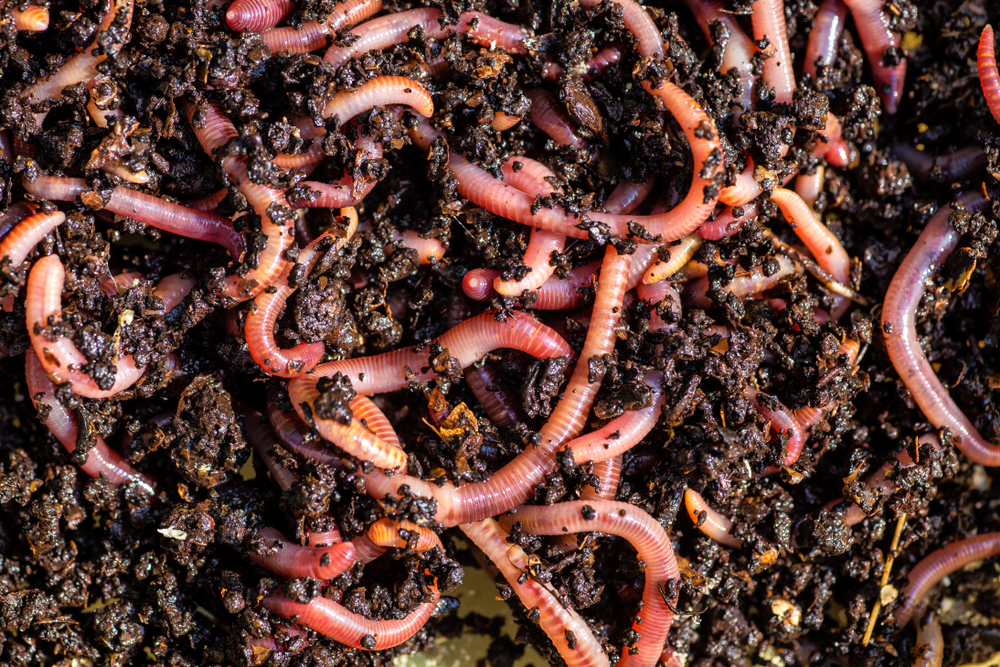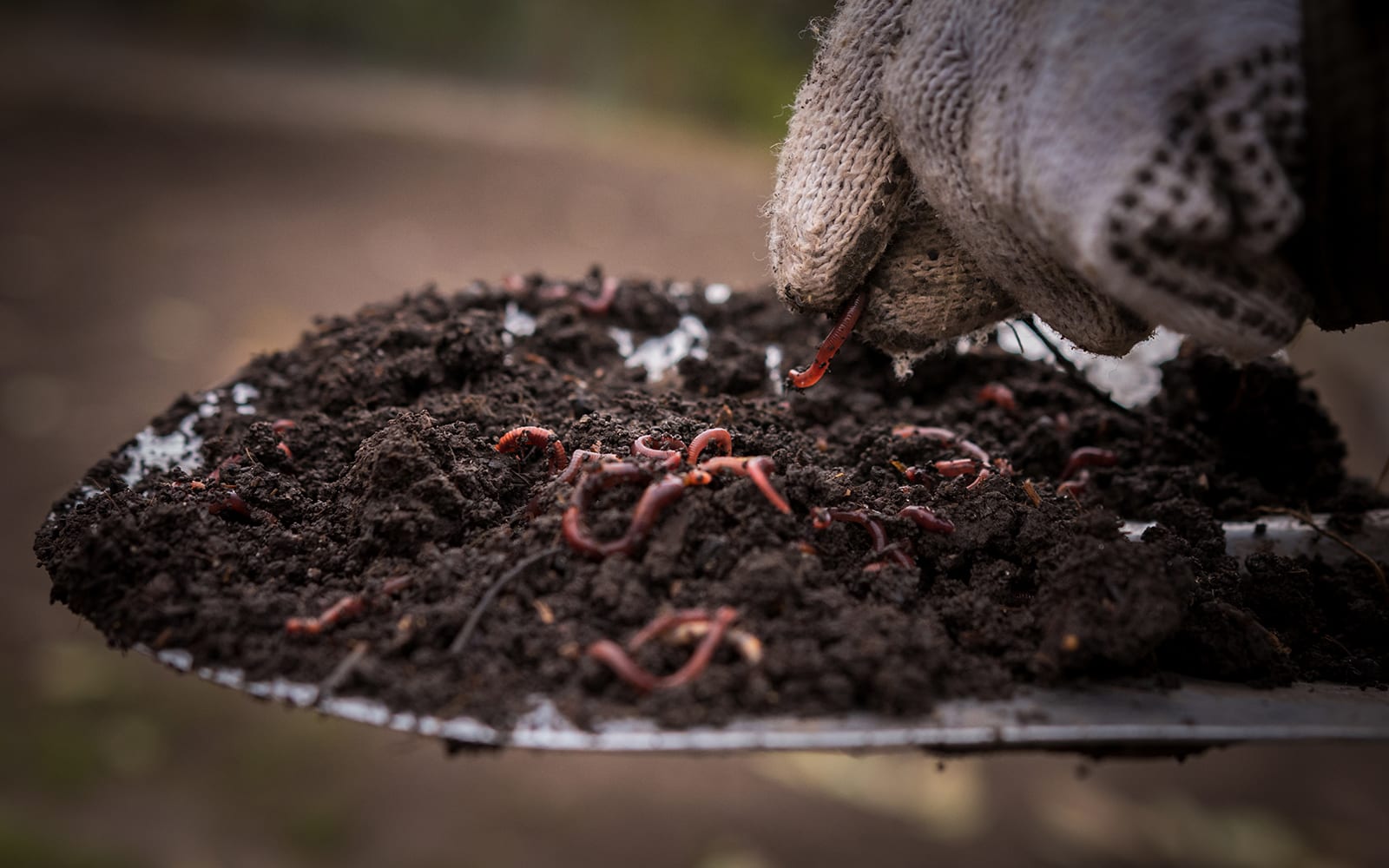Earthworms are one of the most important components of healthy soil. They not only improve soil structure, they release nitrogen, and provide food for birds. But they are also a great source of biodiversity. You can find more information about the benefits of worms in soil health by reading the following article. If you’re still unsure whether earthworms are beneficial to your garden, read on. Afterwards, you’ll be well-equipped to decide whether earthworms are right for your garden.
Earthworms are a vital component of healthy soil
Earthworms play a crucial role in the ecosystem of the soil, improving the structure, microbial activity, and nutrient cycling. Their activities also influence plant growth and reproduction. The benefits of earthworms in the soil ecosystem go far beyond their obvious role in the food chain. Here are some of their most important functions:
They improve soil structure
In addition to improving the structure of the soil, worms contribute to plant growth and nutrient cycling. The presence of worms indicates a healthy soil; a soil lacking worms is unhealthy. It is important to remember that weeds are completely dependent on the soil for growth. Therefore, it is important to cover them with soil. When weeds are not covered with soil, the roots are referred to as rhizosheath.

They release nitrogen
Worms are extremely beneficial for the soil. Their digestion process concentrates organic and mineral constituents in their food, resulting in a high-quality casting. Worm castings are more fertile than soil and contain more nitrogen than your average compost. Worms’ bodies decompose quickly, releasing nitrogen into the soil for plants to use. This process also helps soil retain nutrients. Besides releasing nitrogen, worms contribute to the health of the soil by decomposing organic matter.
They provide food for birds
The benefits of worms to your garden are numerous, from providing food for birds and soil health to improving the structure of your soil. Aside from providing food for birds, worms also improve the quality of the soil, increasing the water-absorbing capacity and decreasing flooding risk. Worms also play an important role in the food chain, converting harmful pollutants into harmless ones that are beneficial for your plants. Worms are essential to the food chain because they feed on dead plant matter, which helps improve the soil. Moreover, they provide protein for many other types of birds and other garden species.
They are an important source of organic matter for plants
Unlike humans, worms are a natural plant fertilizer and can add a huge amount of nutrients to your soil. These critters eat organic matter and plant debris, turning them into humus that plants can use. Worm castings contain more nitrogen, phosphorus, and potassium than soil. In addition, worms’ bodies decompose rapidly, adding nitrogen to the soil.



